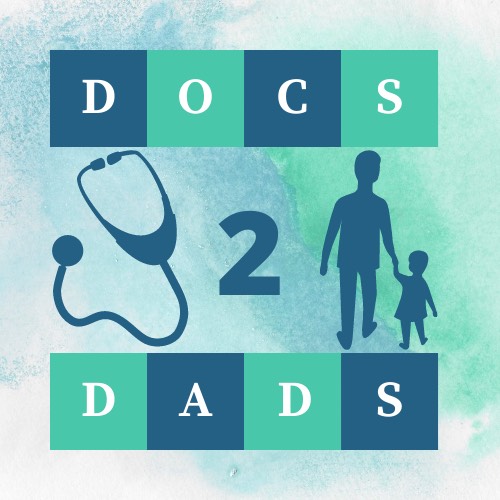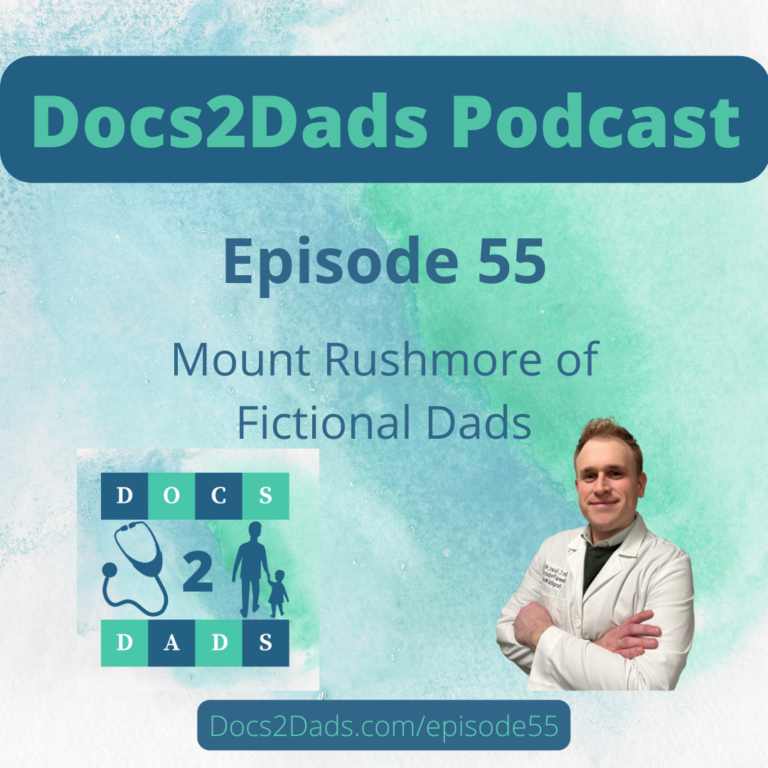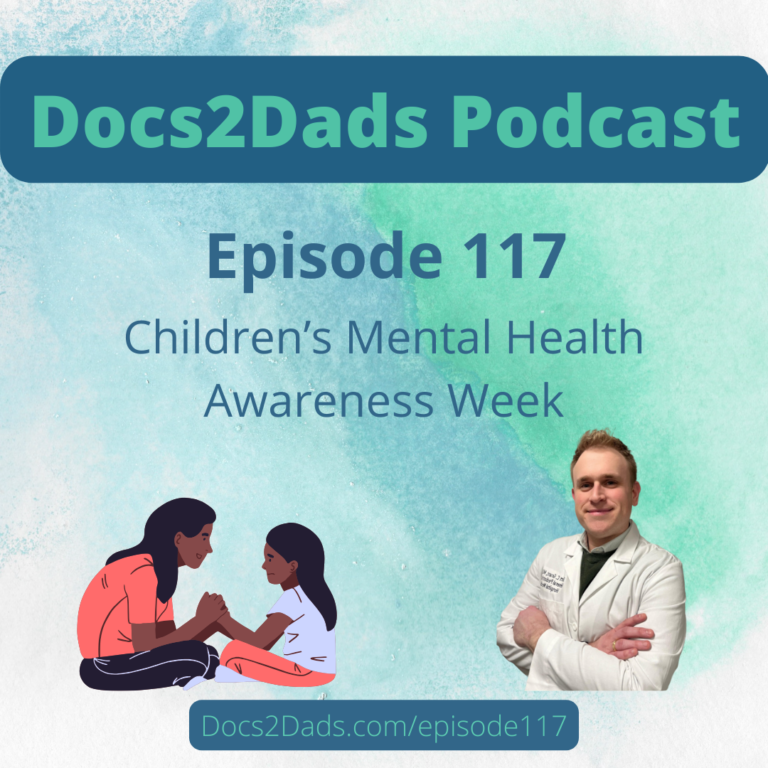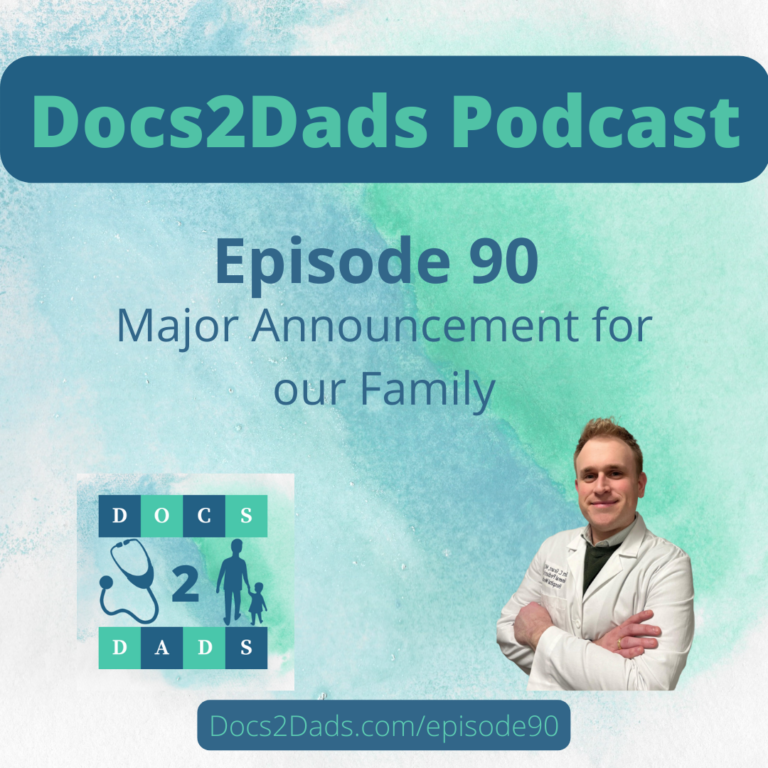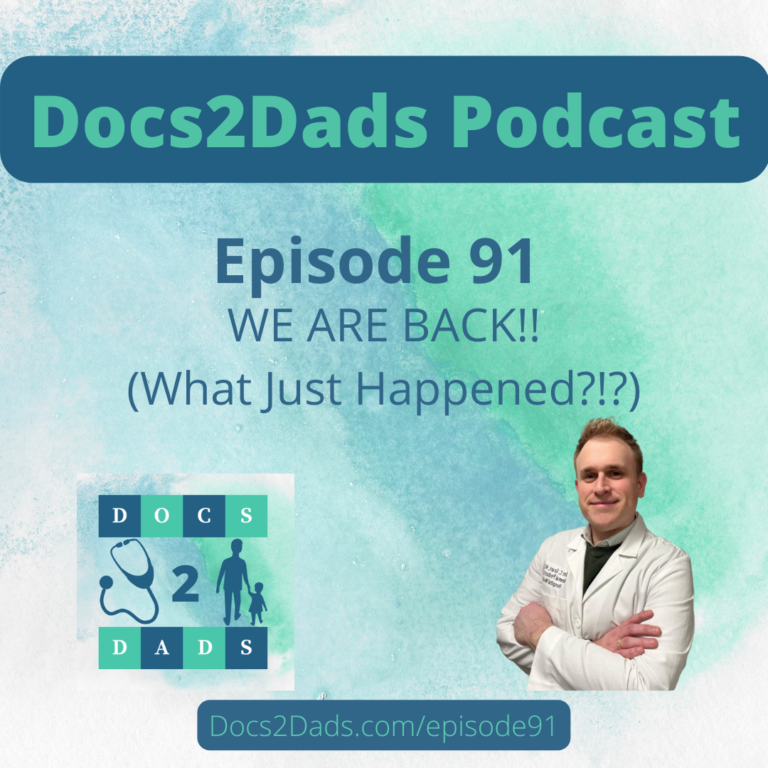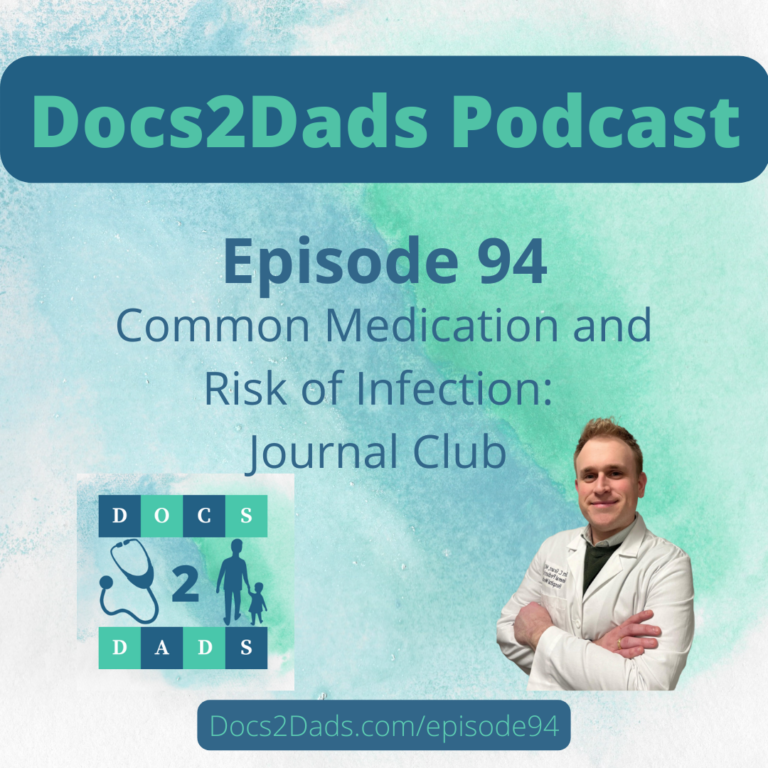Welcome to another insightful episode of Docs2Dads! I’m Dr. Scott Grant, and today, we’re diving deep into the world of streptococcal pharyngitis, commonly known as “Strep Throat.” This episode is packed with essential information for parents, covering everything from common symptoms and age groups affected to the importance of testing and treating strep promptly.
Episode Highlights:
- Age Groups Affected: Learn about the common age groups susceptible to Strep Throat and how it manifests in children.
- Presenting Symptoms: Explore the most common symptoms associated with Strep Throat, as well as those that are typically absent, providing you with a comprehensive understanding.
- Testing and Treatment: Discover why it is crucial to test and treat Strep Throat promptly, unraveling the importance of early intervention.
- Complications Unveiled: Delve into potential complications, including rheumatic fever, post-streptococcal glomerulonephritis, and peritonsillar abscess. Understand how timely treatment can prevent these issues.
- When to Consult an ENT: Gain insights into situations that warrant consultation with an Ear, Nose, and Throat specialist, ensuring you know when to seek additional medical advice.
Join me as we navigate the intricacies of Strep Throat, empowering parents with the knowledge they need to safeguard their children’s health. Subscribe, rate, and stay tuned for this essential episode on streptococcal pharyngitis!
Our community is here to help you: 💪up your game as a JOY-FILLED dad 👨👩👧👦 be the leader your family needs you to be ❤️🩹build a happier, healthier life for yourself, your family, and your community.
Follow Docs2Dads for more #parenting content from a #pediatrician living the #dadlife – transforming #evidencebasedmedicine into practical #parentingtips
Linkedin: https://www.linkedin.com/in/drscottpeds
Instagram: https://www.instagram.com/docs2dadspod
Email: docs2dadspod@gmail.com
Facebook: https://www.facebook.com/docs2dadspod
The content on this blog is for your education and entertainment only. It should not be considered medical advice and should not replace a relationship with a primary care doctor. You should seek medical attention if you are worried about your child’s health.
